7 GPTs for Case Briefing Powered by AI for Free of 2026
AI GPTs for Case Briefing refer to advanced Generative Pre-trained Transformers specifically tailored for legal case briefing tasks. These AI tools are designed to assist in summarizing cases, identifying key legal principles, and providing insights into judicial reasoning. By leveraging natural language processing and machine learning, GPTs offer customized solutions to streamline the case briefing process, making it faster and more efficient. Their relevance lies in their ability to process vast amounts of legal texts, extract pertinent information, and present it in a concise manner, thereby enhancing the productivity of legal professionals.
Top 7 GPTs for Case Briefing are: OSCOLA Citation,Law Notes Assistant 60,AGLC Expert,SemantisAI Comprehensive Judgment Summariser,Case Digests on Demand (a Jurisage.com experiment),Arresten samenvatten,Grace Case Race
OSCOLA Citation
Streamlining Legal Citations with AI
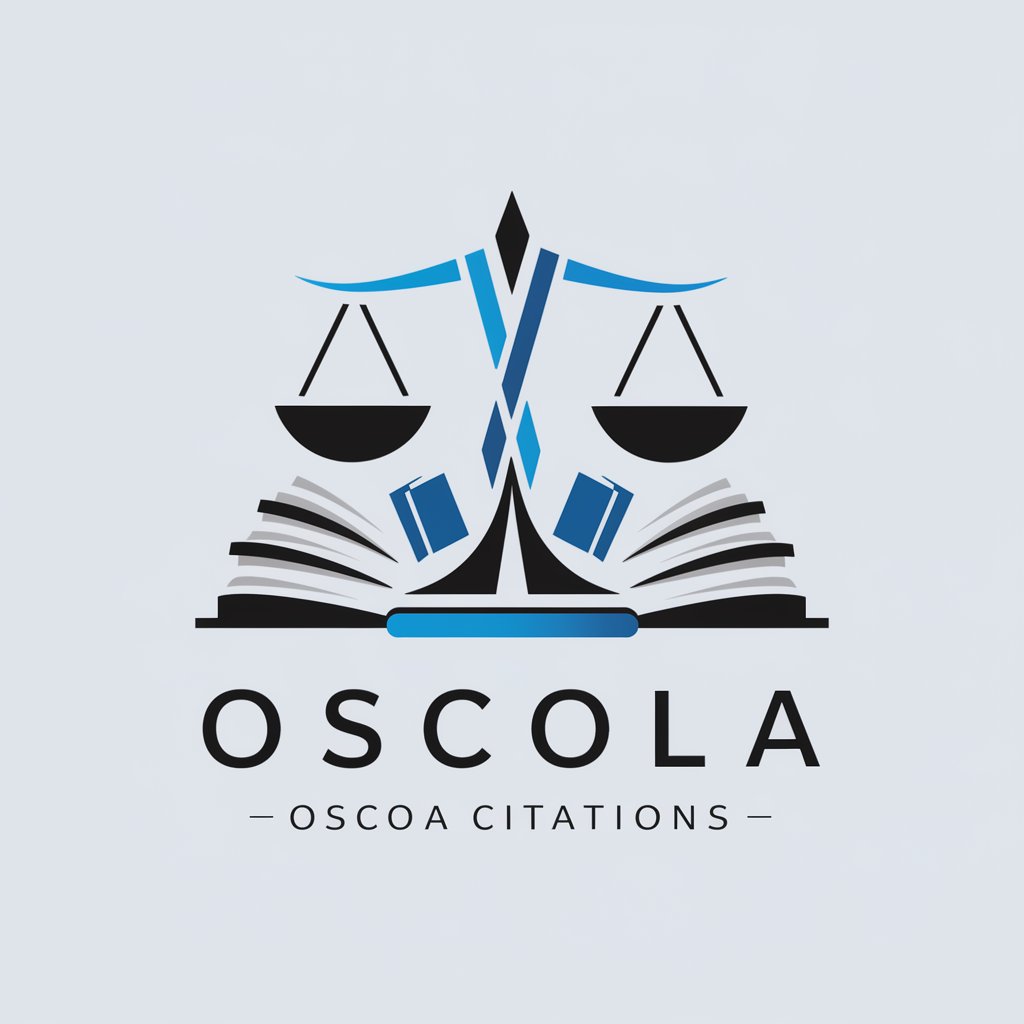
Law Notes Assistant 60
Distill complex legal information instantly.
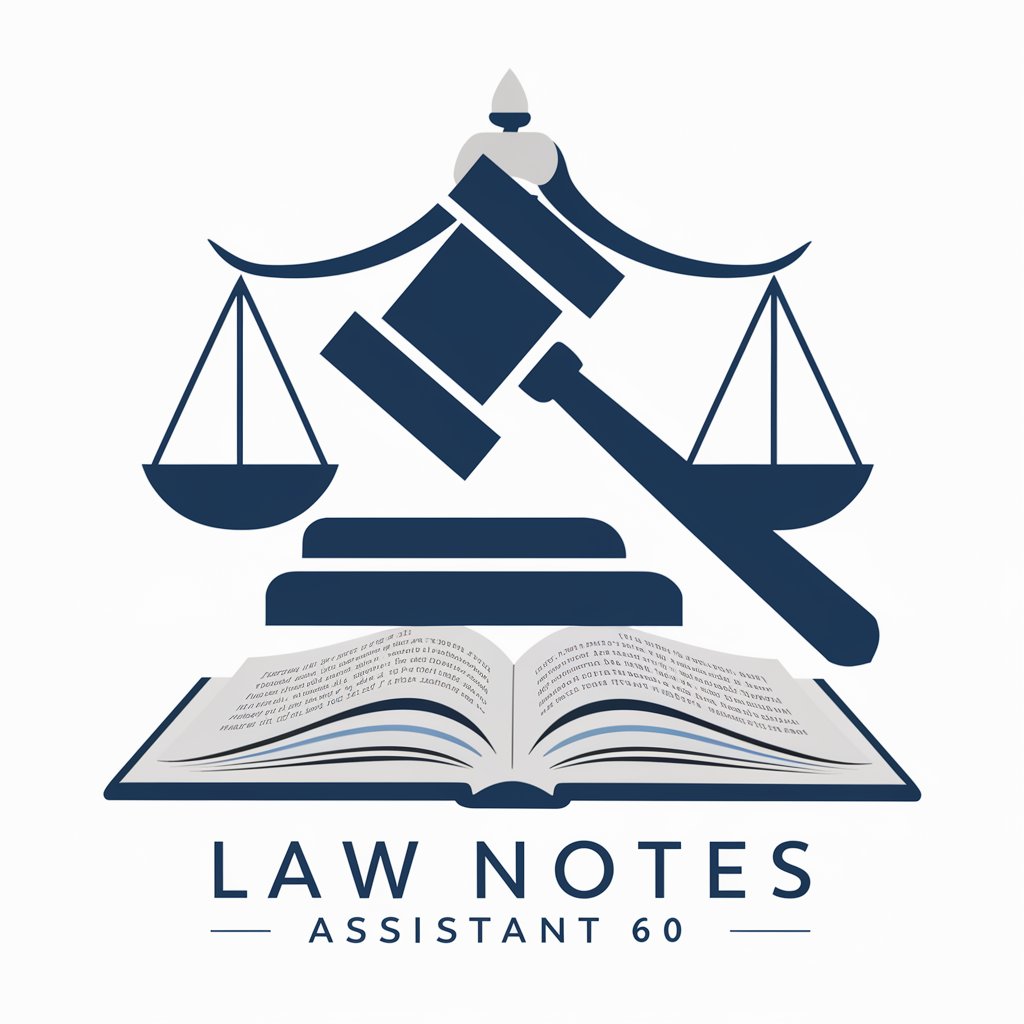
AGLC Expert
Power Your Legal Writing with AI
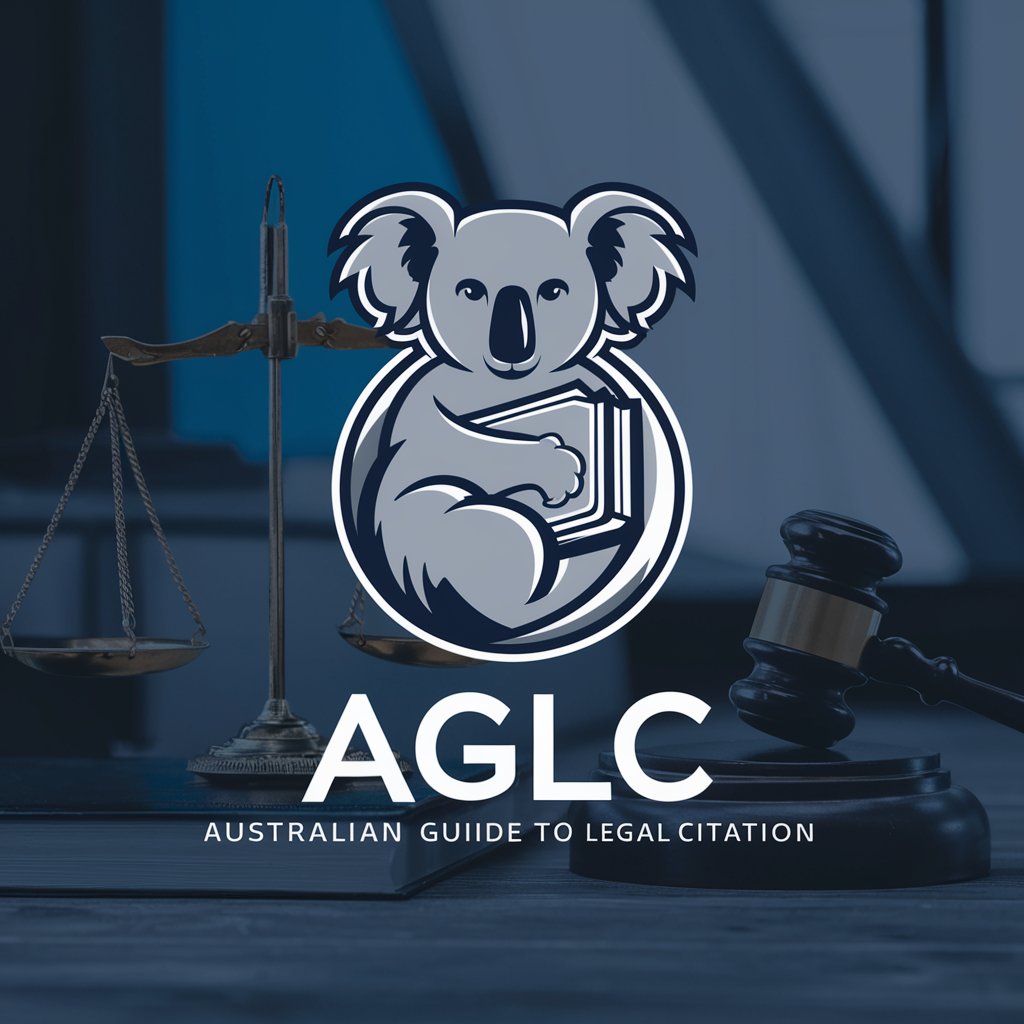
SemantisAI Comprehensive Judgment Summariser
Transforming Legal Documents into Insightful Summaries with AI
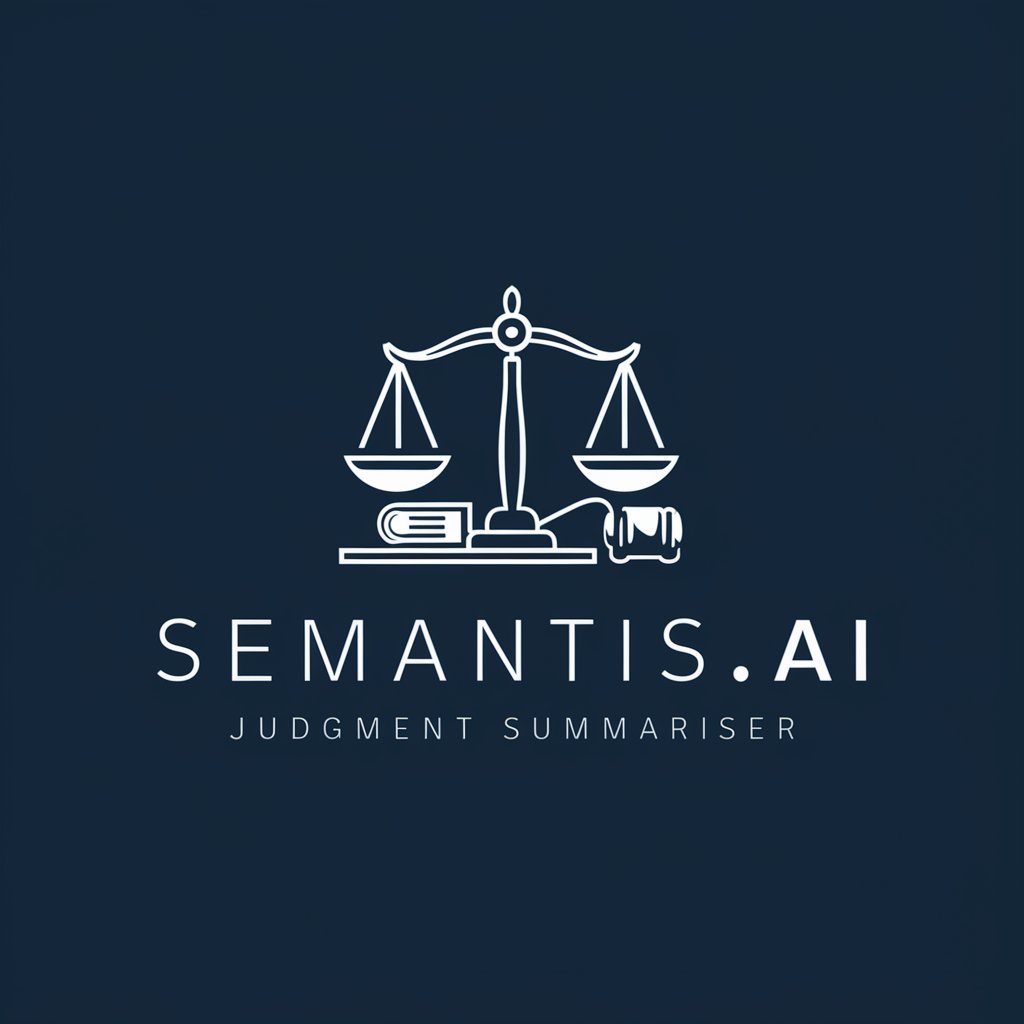
Case Digests on Demand (a Jurisage.com experiment)
AI-powered legal insights at your fingertips
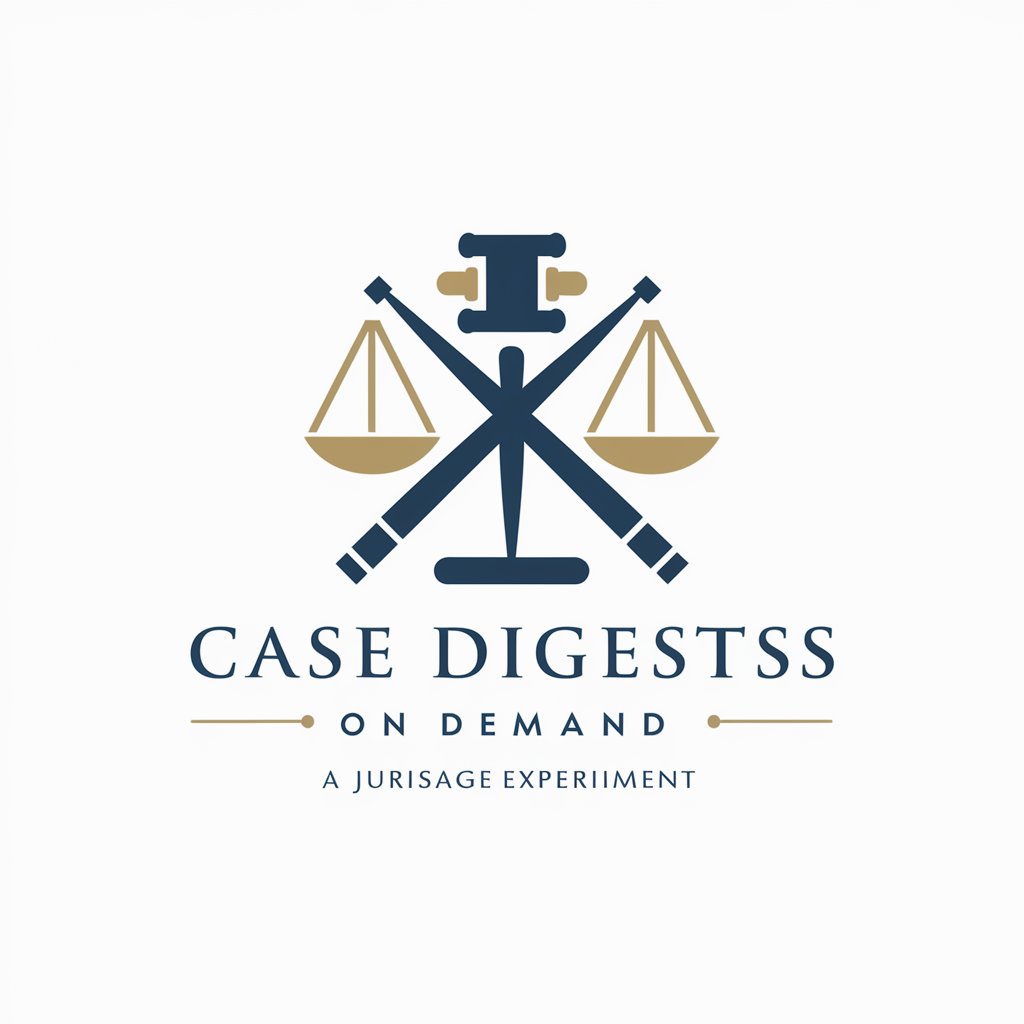
Arresten samenvatten
Simplifying Legal Complexities with AI
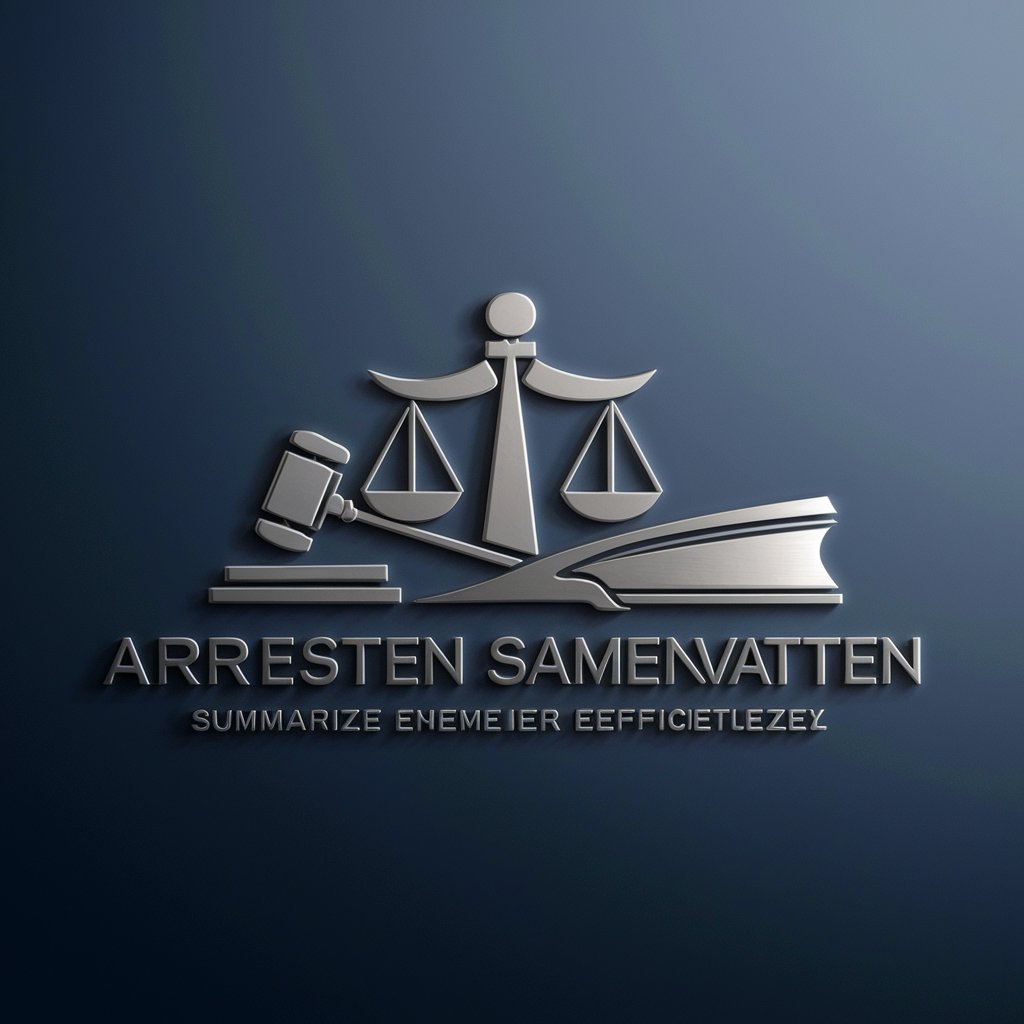
Grace Case Race
AI-powered case briefing for law students
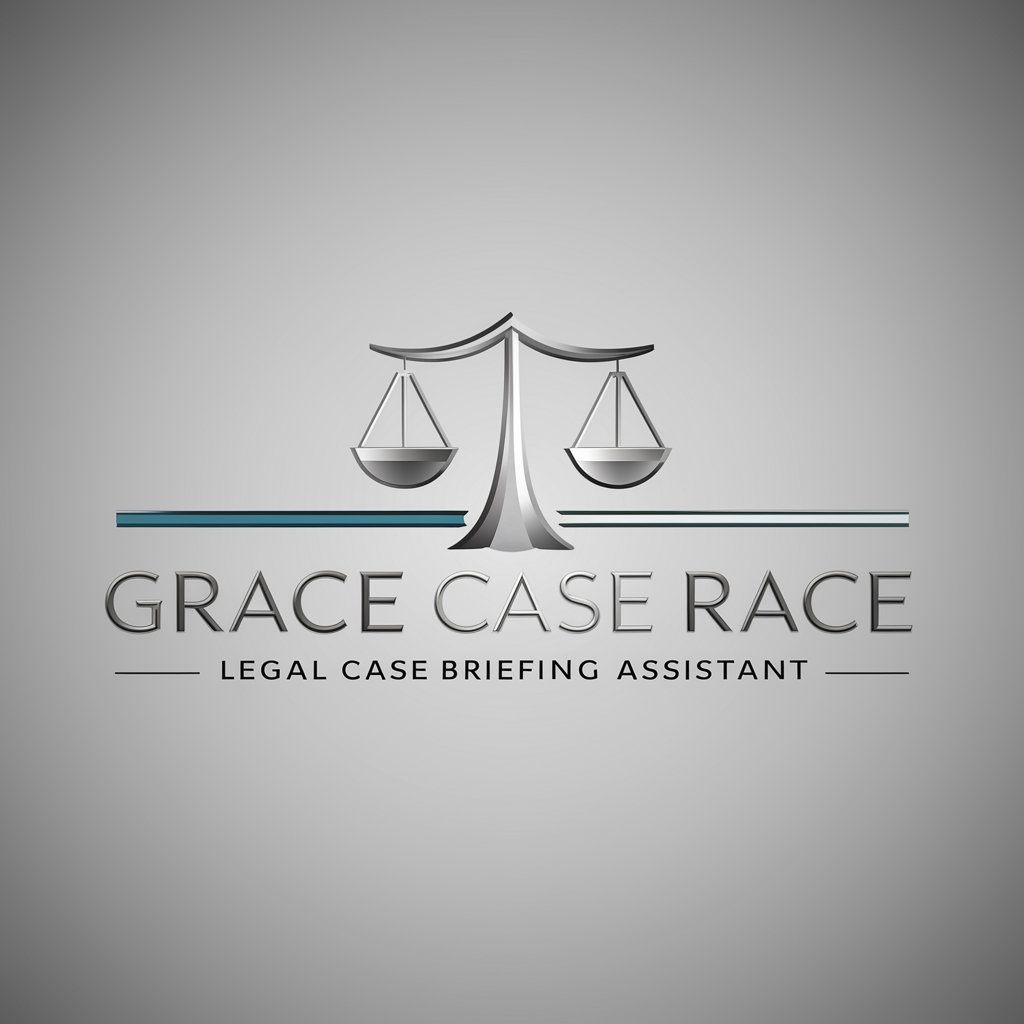
Distinctive Attributes and Functions
AI GPTs for Case Briefing boast several unique features including the ability to comprehend and summarize legal documents, identify relevant legal precedents, and predict potential judicial outcomes based on historical data. These tools are highly adaptable, capable of handling tasks ranging from simple case summaries to complex legal analysis. Special features include advanced language comprehension, technical legal support, and the integration of web searching, image creation, and data analysis capabilities to provide a comprehensive toolset for legal professionals.
Who Benefits from AI GPTs in Case Briefing
The primary users of AI GPTs for Case Briefing include law students, legal researchers, attorneys, and paralegals seeking to enhance their case preparation and research efficiency. These tools are accessible to novices without coding skills, offering user-friendly interfaces and guided functionalities. For developers and technologically adept professionals, they provide customization options to tailor the tool's capabilities to specific needs, making them versatile assets in the legal field.
Try Our other AI GPTs tools for Free
Legal Review
Revolutionize your legal review process with AI-powered GPTs. Automate document analysis, ensure compliance, and enhance legal drafting with unparalleled accuracy and efficiency.
Energy Management
Discover AI GPTs for Energy Management: cutting-edge tools designed to optimize energy usage, improve efficiency, and support sustainability.
Lifestyle Updates
Discover how AI GPTs for Lifestyle Updates can transform your daily life with personalized advice and insights in health, fitness, fashion, and more.
Weather Analysis
Discover how AI GPTs for Weather Analysis revolutionize forecasting with accurate predictions, trend analyses, and climate insights, tailored for diverse users.
Wave Forecasting
Unlock the future of marine navigation and research with AI-powered Wave Forecasting tools. Designed for accuracy and adaptability, they offer revolutionary insights into oceanic conditions.
Tide Tracking
Explore the power of AI GPTs for Tide Tracking, your essential tool for precise tidal forecasts and environmental insights. Perfect for professionals and enthusiasts alike.
Expanding Horizons with AI in Legal Briefing
AI GPTs for Case Briefing not only offer efficiency improvements but also introduce new possibilities for legal analysis, such as predictive insights and comparative legal research. Their integration into existing legal research workflows offers a seamless transition to more data-driven legal practices. With user-friendly interfaces, these tools democratize access to advanced legal research techniques, empowering professionals across the legal sector.
Frequently Asked Questions
What exactly are AI GPTs for Case Briefing?
AI GPTs for Case Briefing are specialized AI tools designed to assist legal professionals by summarizing legal cases, identifying key points, and analyzing legal documents.
How do AI GPTs improve the case briefing process?
They streamline the briefing process by quickly processing and summarizing vast amounts of legal text, highlighting relevant details and precedents, thus saving time and increasing accuracy.
Can non-technical users operate these AI GPTs effectively?
Yes, these tools are designed with user-friendly interfaces that allow non-technical users to easily navigate and utilize the AI's capabilities for case briefing.
Are there customization options available for these tools?
Yes, for users with programming knowledge, these tools offer customization options to tailor functionalities to specific case briefing needs or legal research requirements.
Do AI GPTs for Case Briefing only work with English language documents?
While many are optimized for English, advanced models are increasingly supporting multiple languages, making them useful for international legal research.
How secure are AI GPTs when handling confidential legal documents?
Security is a top priority, with most tools implementing robust encryption and user authentication to protect confidential information.
Can these tools predict outcomes of legal cases?
While they can analyze historical data and trends to provide insights, predictions are probabilistic and should be used as guidance rather than definitive outcomes.
How do AI GPTs stay updated with current laws and regulations?
These tools frequently update their databases and algorithms to incorporate the latest legal documents, cases, and changes in law to ensure accurate and current analysis.